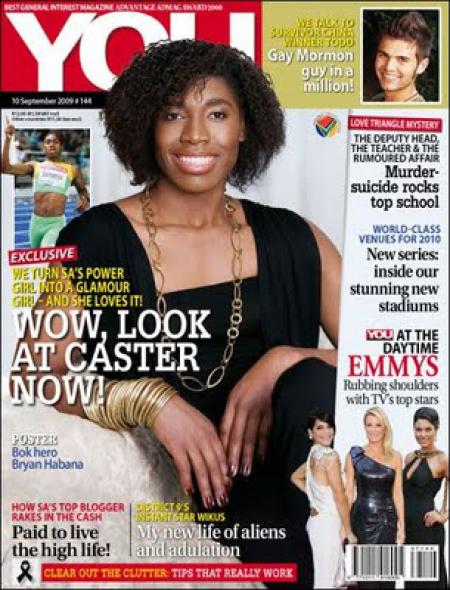Serendip is an independent site partnering with faculty at multiple colleges and universities around the world. Happy exploring!
Reflections on Children's and Young Adult Literature in Ghana
My group did a presentation on children's and young adult literature in Ghana, in which I specifically focused on what was being read. It is interesting to be reflecting on my presentation on children's and young adult literature in Ghana now that I have actually visited Ghana. Before I left for Ghana, I had the opportunity to Skype with Kathy Knowles, a Canadian writer who has started libraries throughout Ghana. She spoke of how most Ghanaians don't read for pleasure because it's seen as a mostly academic endeavor and how almost all literature is written in English, usually a third language particularly for those who live in rural areas.
The Impact of Suggesting Ways to Think
I want to write my post in response to our class focusing on Olga Broumas' poem "Cinderella". Reading this poem highlighted the various perspectives that always exist and how it is valuable to approach texts and situations in open and respectful ways. Reading the poem with the title "Cinderella" immediately sets up the reader to draw connections to the fairytale that many of us are familiar with already; titles have the power to change the way the text is considered before the reader even engages with it. This poem could be read without the tittle and it is possible that the reader would not associate the text with a Cinderella story. In our group, we discussed how key words like "slipper of glass" and "ashes" give hints to a connection, but also could be read as separate from the aspects of Cinderella we already know. Even changing "glass slipper" to "slipper of glass" changes what readers imagine when they read the poem. The idea of reading Broumas' poem without the title gives a chance to start drawing connections from a blank slate that allows for the generation of unrestricted ideas.

teaching children about gender variance
When dchin and epeck read us And Tango Makes Three on Thursday, I mentioned a webevent, created by a student in the core course in gender studies last semester, which might interest you all: it's about Making Sense of the "Gay Penguin" Controversy, and it questions the wisdom of "anthropomorphising animals to contribute to a conversation about human" behavior.
If you are interested in thinking some more about (and creating new) texts to teach children about gender variance, you might find inspiration in a couple of other projects created for that class; see, for example,
Mommies, Daddies, Families,
A Rainbow of Sex Difference,
The Stories We Tell Ourselves and
A Handbook for the Boy Scouts of America....
thinking about culture
Today I learned a lot about how culture works. In the morning, a student observed that a question that had emerged during our class's processing of our trip was doing work in the culture of our group. This insight suggests that questions can be instances of cultural work/production, and as such are embedded in a particular context and time . . . the student suggested that we did not need to regard this question as transcontextual: rather, that its being posed could be usefully understood as in-time cultural work that we could let be without the letting be constitute ignoring or neglect. So interesting!
In the afternoon I got to attend the panel discussion with Derrick Ashong and Soulfege, sponsored by Ghanaian Music/Global Entrepeneurship. Derrick Ashong spoke about their group's interest in breaking the music industry paradigm. He explained that for humans, the fulfillment of expectations, even with unwelcome outcomes, is deeply satisfying. So, if mother says stay away from that young man, and that young man does indeed prove inconstant, mother is gratified even though the outcome is not welcome. This is a powerful illustration of how culture works. Ashong and Soulfege are trying to change culture, or recreate it, by establishing new expectations for contemporary Afropolitcal music.
Female Athletes and Gender Testing
I've been thinking about female athletes and gender this week after reading a part in My Gender Workbook that described female athletes as being able to "transcend gender" in the act of participating in sports, and trying to figure out how gender plays into athletics in general. For so long, women really weren't seen as athletes. They couldn't play anywhere near the variety of sports that men could, and couldn't compete in the few sports they were allowed at a high level. The advent of Title IX helped to dramatically change that. However, something that I found incredibly troubling is the presence of gender testing of athletes.
In 2009 Caster Semenya, an 18 year old South African, was subjected to a variety of tests designed to ascertain her "true gender" after she won the gold medal in the 800 meters at the World Championships in Berlin. She'd lived her whole life as a woman but authorities called her gender into question because of her strength and appearance. After an extended period of time, Semenya was allowed to return to competition as a woman, but she participated in a make-over for the South African magazine "You" that made her appear more feminine.




